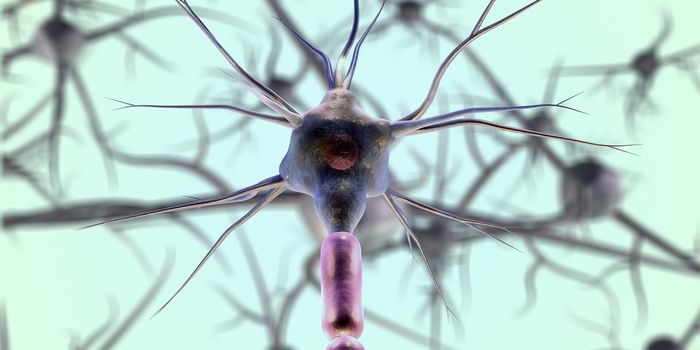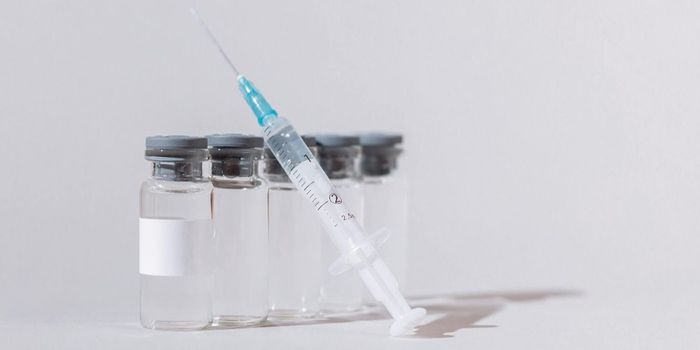Previously thought to create immunotolerance, scientists from the
Agency for Science, Technology and Research in Singapore have discovered that neonatal exposure to hepatitis B virus (HBV) actually enhances maturation of the unborn human immune system.
Mouse models of neonatal HBV exposure showed babies born in a state of immune tolerance which allows HBV to persist as a chronic infection. However, after analyzing the umbilical cord blood of human neonates of HBV chronically infected mothers, the team from Singapore saw that the exposure actually triggered increased maturation and development of innate immune cells and Th1 lymphocytes. Being born equipped with an enhanced immune system allowed human babies to respond to unrelated pathogens better than babies who were not exposed to HPV in utero, a process known as trained immunity.
HBV is transmitted by bodily fluids and can cause either acute or chronic liver infection (
CDC). HBV is best prevented by getting vaccinated.
The scientists from Singapore were able to make their discovery after noticing that human neonatal HBV vaccinations were highly successful, differentiating human cases of human neonatal HBV exposure from mouse models. In addition to finding more innate and adaptive immune cells in cord blood of HBV-exposed neonates, the researchers found an "alteration of the cytokine environment." The low levels of IL-10 and high levels of IL-12p40 and IFN-a2 induced by HBV exposure are believed to provide the newborns with trained immunity.
The process of trained immunity was first discovered in 2011 when scientists saw that plants and invertebrates, which lack an adaptive immune system, could still protect themselves against re-infection, even without the memory capabilities of T and B cells. Similarly, innate immune systems in vertebrates could provide some immunological memory independently of the adaptive immune system. Scientists called this capability "trained immunity" (
Cell Host Microbe).
The scientists from Singapore continue to look at the role of HBV infections in stimulating the immune system during different stages of childhood.
"The ages between two to 12 years is a 'black box': it's not really clear what happens during this early stage of infection," said Dr. Michelle Hong.
Watch the following video to learn more about HBV pathology and therapy options.
Source:
Nature Communications









